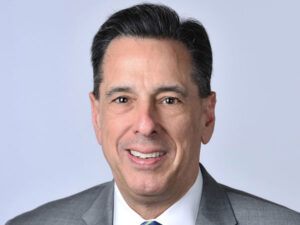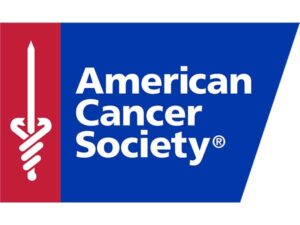Experts in infectious diseases and investors on Wall Street are honing in on two potential treatments for COVID-19: interleukin inhibitors and remdesivir.
News coverage of the COVID-19 pandemic in New York has lent urgency to social distancing efforts in San Antonio and South Texas, likely flattening the curve.
How has the COVID-19 pandemic affected oncology?
While the news these days is rightly focused on hospitals and the government fighting public enemy number one, aka COVID-19 (the novel coronavirus), independent community oncology practices continue to treat and comfort patients who are at war with that insidious disease we call cancer.
As clinicians in a medical specialty that relies on evidence to guide treatment plans for individuals with cancer, we face an unfortunate dearth of data to help steer us during the coronavirus pandemic.
American Cancer Society announces a wave of furloughs and layoffs as COVID-19 constricts fundraising
The American Cancer Society earlier this week announced immediate furloughs and layoffs of its staff citing “a significant financial hardship” triggered by the novel coronavirus.
To prevent the spread of COVID-19, oncologists are either limiting or canceling adjuvant care, in effect staging a population-level experiment.
NCI is building a nationwide cohort of cancer patients with COVID-19 at over 1,000 sites across the institute’s clinical trials networks and at NCI-designated cancer centers.
NCI’s Frederick National Laboratory for Cancer Research has launched three initiatives focused on SARS-CoV-2.
In spite of disruptions caused by the coronavirus pandemic, NCI continues to review grants, disburse funds, and support extramural research, said NCI Director Ned Sharpless.















